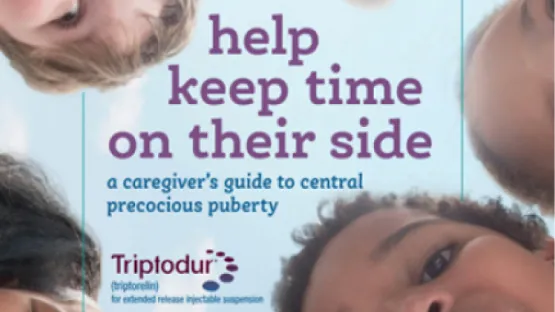
Your trusted guide on your treatment journey
From the first step to ongoing support, we’re with you every day and every way possible.
The Triptodur CareSM Program has you covered with support and resources for caregivers with children undergoing central precocious puberty (CPP) therapy with Triptodur.
1. Getting Started
Embark With Confidence
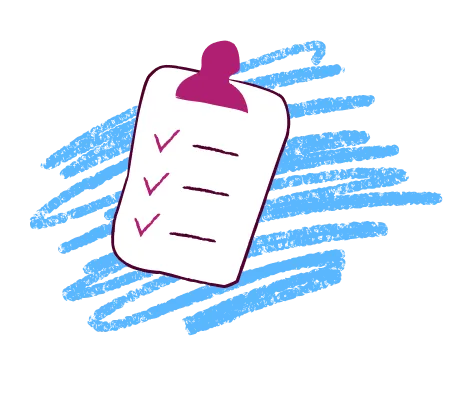
Get Enrolled
Your child’s doctor will help enroll your child in Triptodur CareSM to give you access to resources and additional support.
2. We’ve got you Covered
Support Through the Process
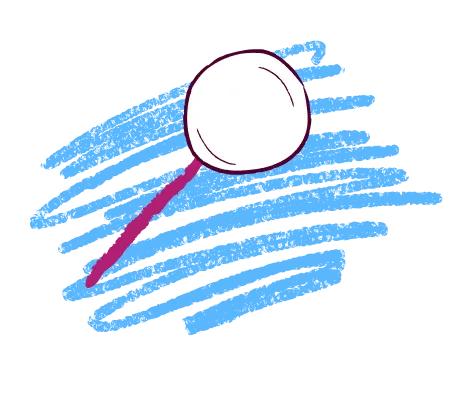
Benefits and Insurance
Once your child is enrolled, our dedicated Triptodur CareSM team will work with your doctor to complete a benefit investigation and help out with any necessary paperwork for insurance, copays, or anything else you need to help your child start on Triptodur.


Triptodur CareSM Copay Assistance
95% of commercially insured eligible patientsa pay $5 or less for Triptodur.
If you have any questions, the Triptodur CareSM Team is here to help. For more information on Triptodur Copay Assistance, please call the Triptodur CareSM Team at 833-401-CARE (2273), Monday – Friday, 8:00 AM – 8:00 PM ET.
aPlease see Terms and Conditions.
3. Coverage that Cares
Rest Easy, We’ve Got You Covered
We have additional coverage options for eligible patients who need it.
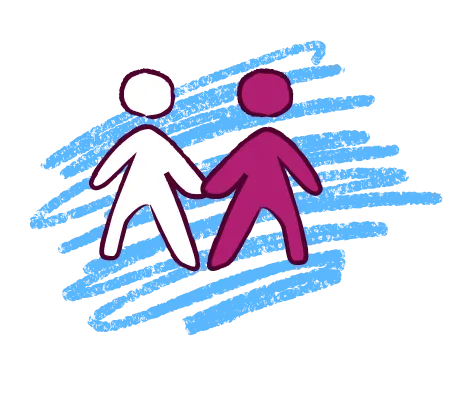
Triptodur CareSM Patient Assistance Program (PAP)
Approved eligible patientsa may receive medications at no cost, based on eligibility criteria.
aPlease see Terms and Conditions.


Triptodur CareSM Bridge Program
Eligible, insured patientsa can receive their first Triptodur treatment at no cost to bridge the time it takes to get coverage for their prescribed treatment.
aPlease review full Terms and Conditions.
4. Continuous Support
Support Throughout Your Child’s Journey
Our dedicated Triptodur CareSM Team is available Monday through Friday, 8 AM to 8 PM EST at 833-401-CARE (2273) to answer any questions about therapy, copay assistance, and insurance and access support.

Trip and the Patient Welcome Kit
Get started with Trip, the lovable dinosaur whose story helps explain what CPP is and what to expect with treatment. Also includes a storybook and is delivered in a Triptodur bag.

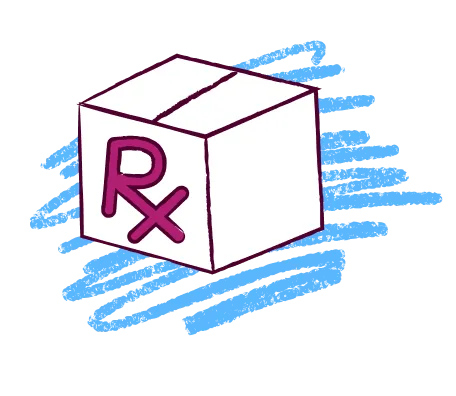
Medication shipment coordination
The Triptodur CareSM Team will reach out to you and your child’s doctor to schedule shipment of the medication around the injection appointment.
Triptodur must be administered by a healthcare provider.
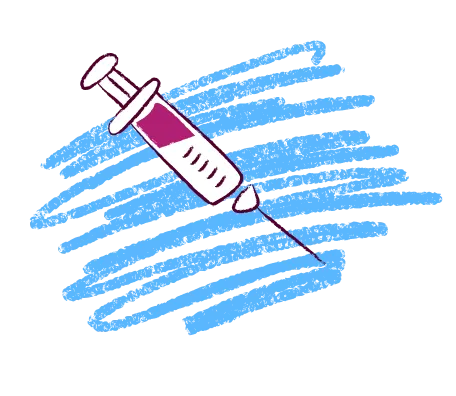
In-Home Nurse Injection Program
May allow patients, with approval of their healthcare provider, to receive in-home injections by a trained nurse.
Additional materials and resources
Video Resources

Trip and Growing Up Ahead of Schedule
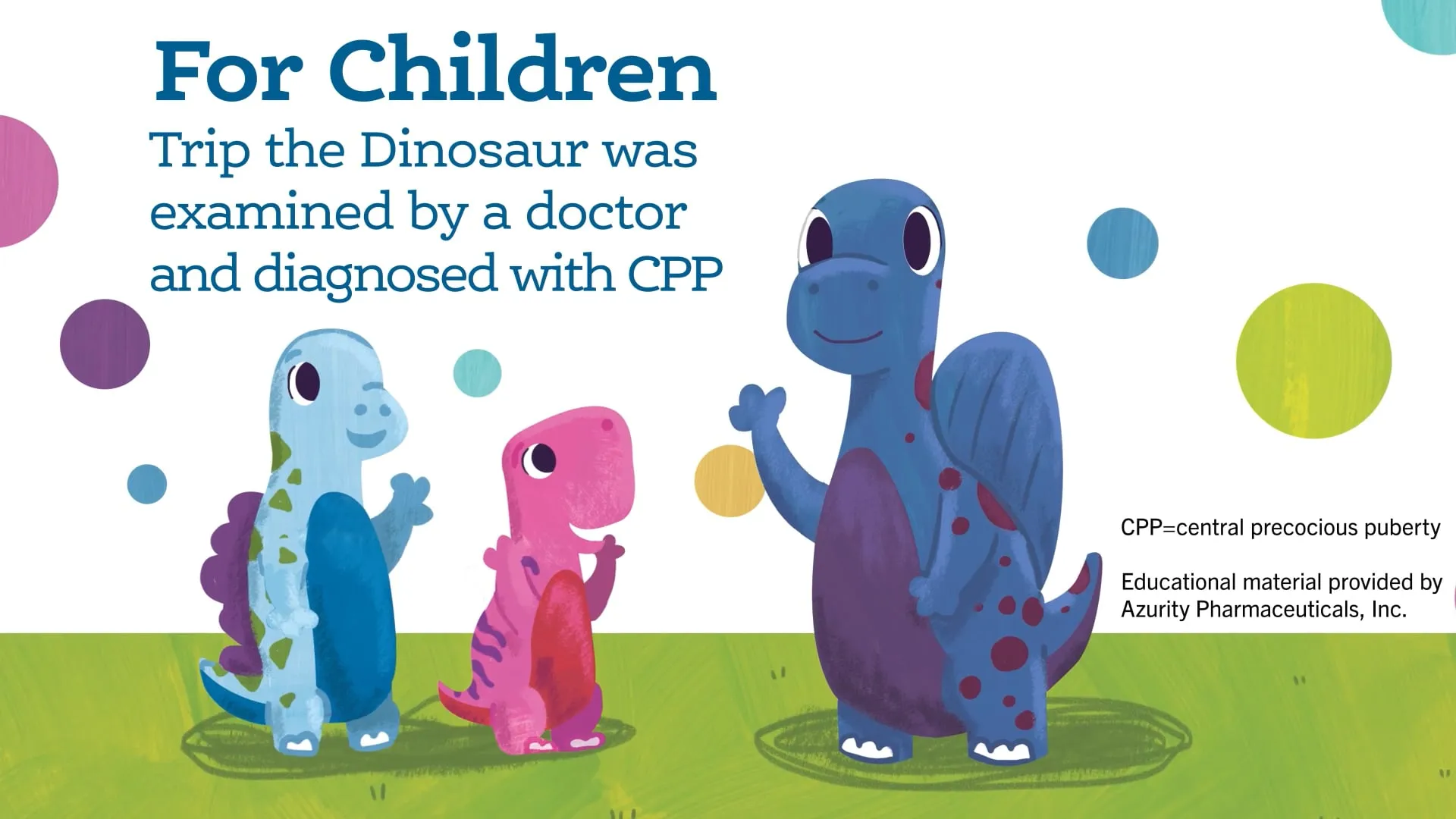
For Children: Trip the Dinosaur was examined by a doctor and diagnosed with CPP
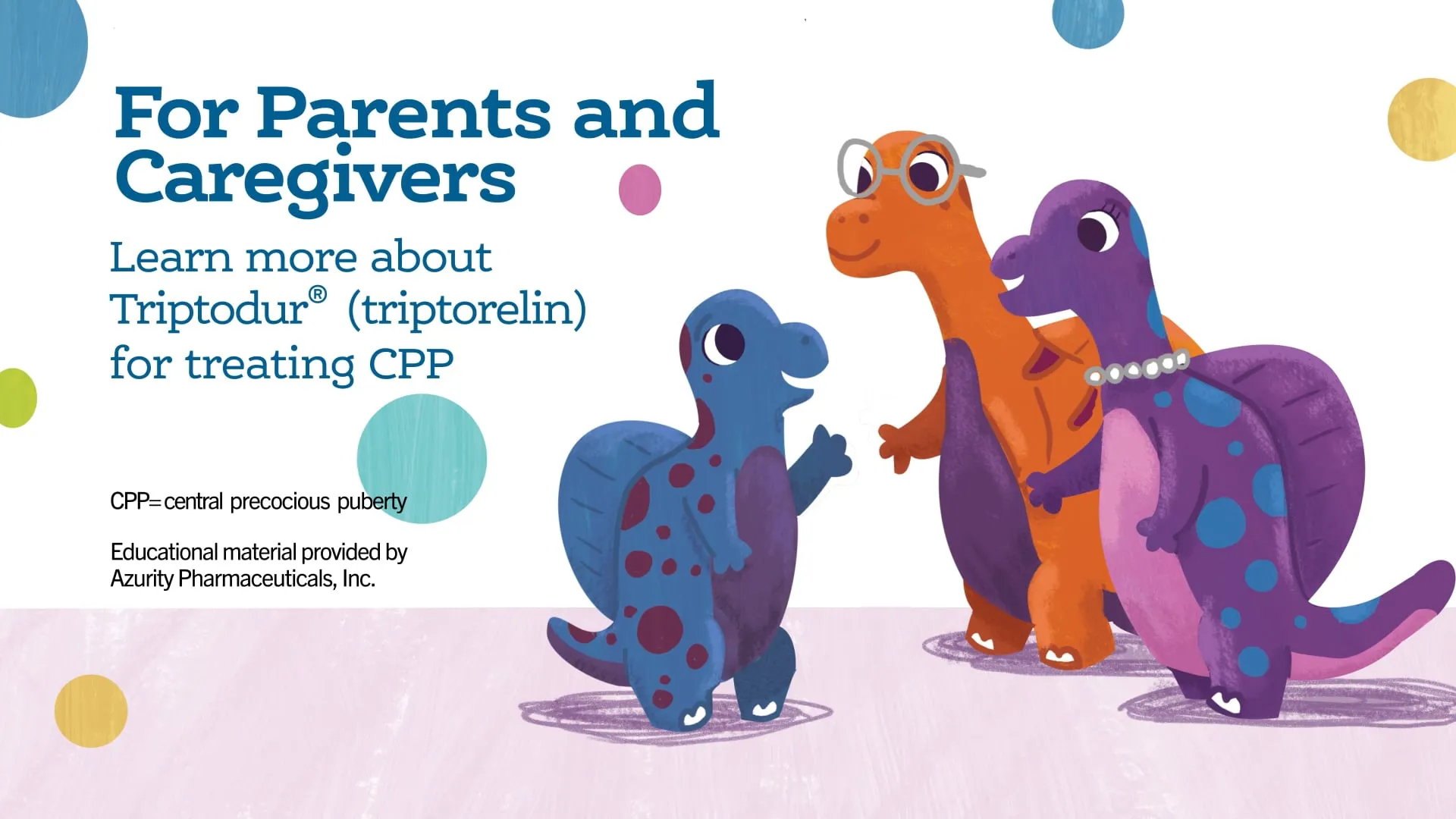
For Parents and Caregivers: Learn more about Triptodur® (triptorelin) for treating CPP
PP-TRIP-US-1183




